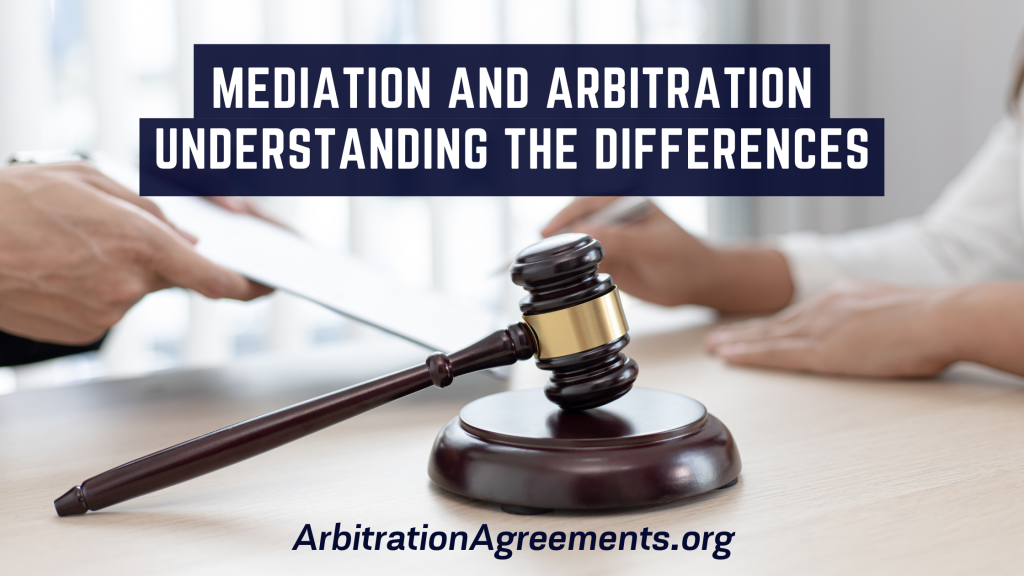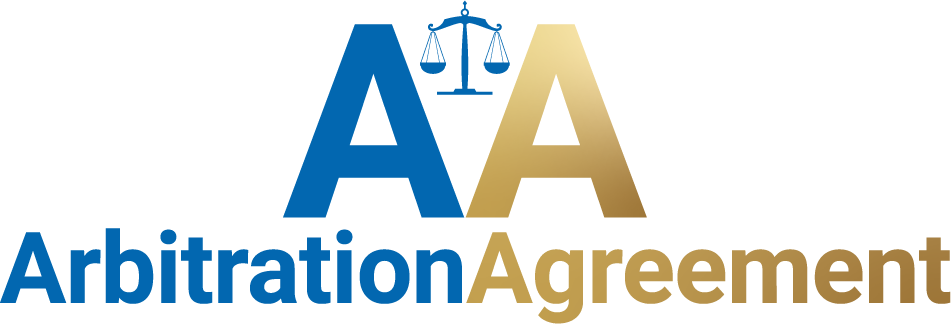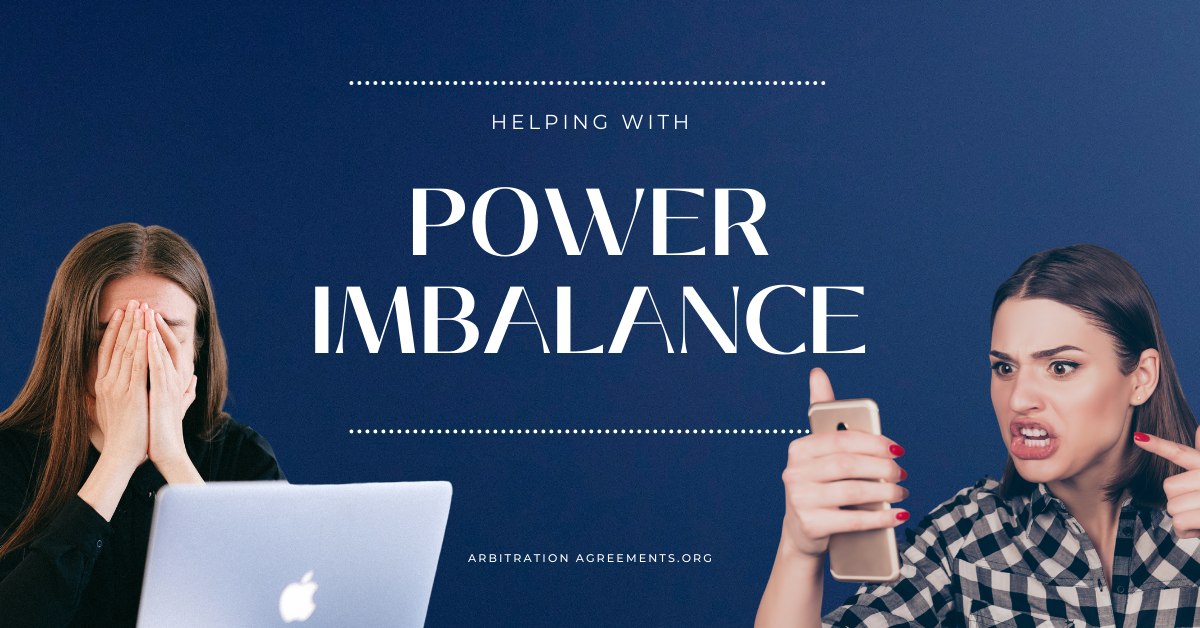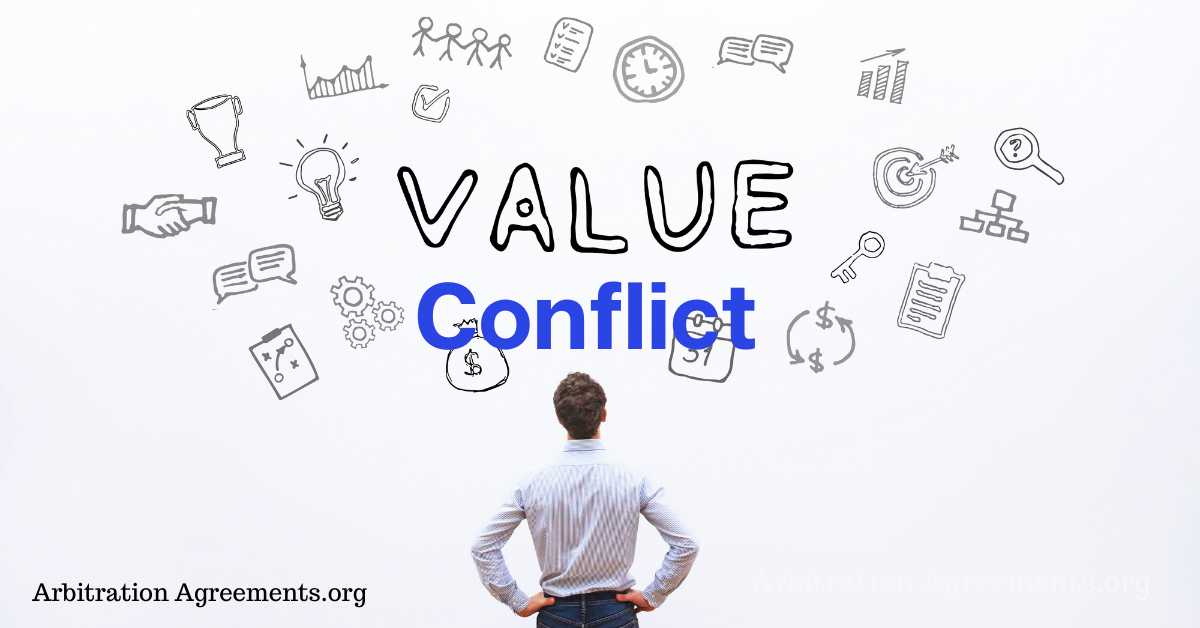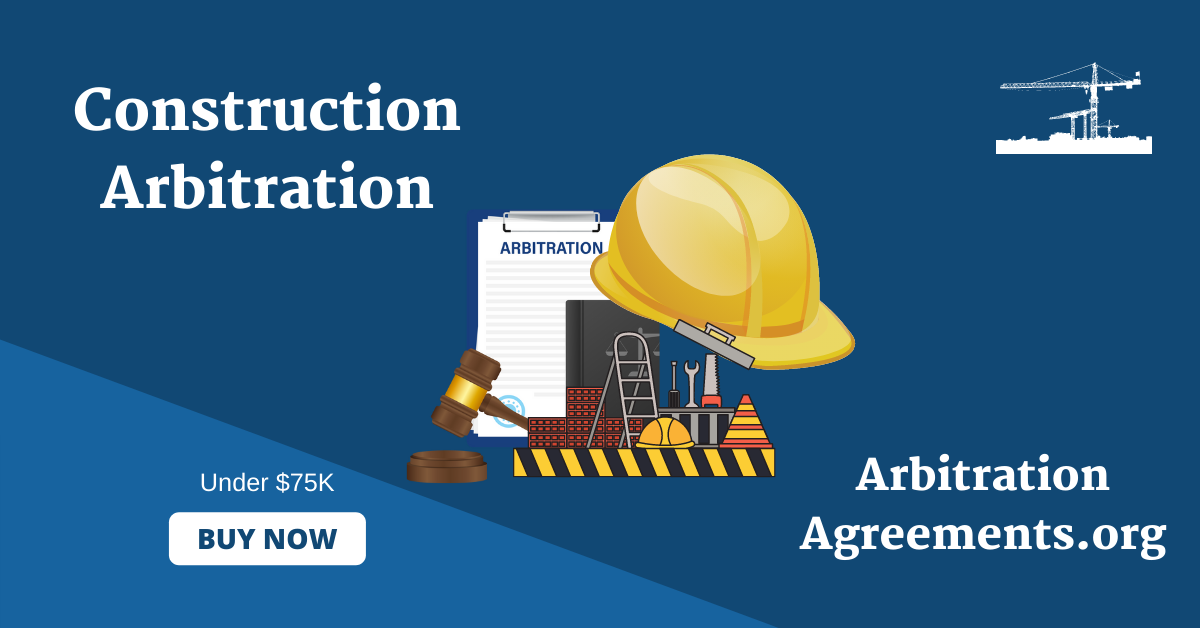Do you need to discover the differences between mediation and arbitration? If so, this is the page for you. Within minutes, you’ll have grasped the key concepts of both terms. Let’s go ahead and get started. And remember- you're always welcome to contact our organization with any questions.
How Are Mediation and Arbitration Different?
Here is the key difference between mediation and arbitration. Through arbitration, an arbitrator gets presented with evidence. This way, he or she can make an informed decision. Compared to mediation, think of arbitration more like a court process. The parties provide testimonies and present evidence. This sounds like a trial, but the process is less formal. Mediation functions more as a negotiation process. A neutral third party oversees the negotiations. Mediation parties never come to an official resolution until all sides agree.
The Basics of Mediation
Disputing parties in mediation have a right to decide if they should agree to a settlement. No mediator has the authority to impose a resolution. Instead, mediators can only persuade parties to accept a fair settlement. This refers to a standard written settlement agreement. Mediators never give orders, determine fault, or provide determinations. Instead, they help disputing parties reach settlements.
They do so by encouraging the communications process. A mediator also gathers relevant information and creates a series of options.
Keep in mind that mediation procedures vary based on the specifics of each dispute.
Oftentimes, the process begins when parties come together with a mediator. In an informal manner, the mediator expresses his or her views about the dispute. Then, the mediator will meet with every party on a one-on-one basis. He or she will explore potential ways to resolve the dispute.
Many mediators must go back-and-forth between parties quite a few times.
The focus is always on helping the parties develop a mutually beneficial solution. (The majority of disputes get resolved in a successful manner.) Next, the parties can create an official written settlement agreement. Many parties state that they experience a high degree of satisfaction using mediation. Most parties prefer mediation over other related court processes. Why? Because parties can control the end-result and take part in securing the resolution.
The Basics of Arbitration
Arbitration Provision . Through arbitration, parties leave the power to end a dispute with an arbitrator. Evidence and arguments get considered by the arbitrator. He or she provides a written arbitration award.
An arbitration process can appear as formal or informal as each party wants.
Arbitration often gets considered as a more formal process than mediation. Arbitrators come from various, relevant backgrounds. One could operate as a retired judge or an active senior lawyer. Other arbitrators are professionals, like accountants and engineers.
Throughout the arbitration process, the parties present their cases to an arbitrator. (Or, a panel of arbitrators.)
Arbitration does have some procedures in common with regular court proceedings. Here is an example. Attorneys can question witnesses on either side. Very few out-of-court negotiations between parties take place during the process. An arbitrator has the authority to provide a binding decision.
The parties must honor that decision.
The arbitration award then gets enforced in all US courts. Awards even get enforced in 142 countries across the world.
What Are the Main Advantages of Mediation and Arbitration Over Public Trials?
Mediation and arbitration both help parties resolve civil disputes in a private setting. This takes pressure off of all sorts of parties. Plus, mediation and arbitration are way more cost-effective than litigation. As you know, the cost of lawsuits can sometimes break the bank. Many people also state that mediation and arbitration are very efficient. Courthouse trials can sometimes drag on for many months and even years. That’s not the case with mediation and arbitration disputes.
Through Mediation, Should Attorneys Exchange Copies of Materials That the Mediator Has?
The preferred process of mediation involves exchanging materials with the other side. But do not do so if that would reveal your trial strategy. Also, do not do that if you want to protect confidential information. Sometimes it’s best to provide the other side with a general outline of trial strategy. Communicate your more specific information to no one besides the mediator. The mediator can then provide guidance on how to proceed.
Can a Joint Session Take Place in Mediations?
Yes, mediators encourage joint sessions during the dispute resolution process. Say that the decision makers in a dispute haven’t met. It’s best to hold a joint session. This way, the parties can say hello. Now, say that matters of substance get discussed. Try to limit the discussion to items that can assist the case getting settled. Matters that could inflame the other side should not get presented during a joint caucus. Instead, you can bring those matters up in private with the mediator.
What Should Arbitration Parties Do When They Can't Agree on a Date for a Hearing?
Your best bet is to call your arbitration organization. That organization can arrange a conference call with the arbitration panelist. This way, parties can address and resolve all important pre-hearing matters. Say that arbitration parties cannot agree on an arbitration panelist. This is another situation where it’s best to contact your arbitration organization. Or, you can even contact our own organization for advice right now. Must visit Mandatory Arbitration
What Is the Difference Between Mediation and Arbitration?
Arbitration vs Litigation . Through mediation, parties get to decide whether to agree to a settlement. That is not the case with arbitration. (Unless parties try to resolve their dispute through non-binding arbitration.) A mediator does not have enough power to impose a binding resolution. Instead, each mediator only operates through the power of persuasion. In arbitration, parties hand over dispute-decision power to an arbitrator. Read here Binding Arbitration Definition
What Comes First: Arbitration or Mediation?
It’s up to parties to decide how to resolve each dispute. Mediation and arbitration are both great alternatives for litigation. Sometimes it’s best to go through mediation before arbitration. That’s because a mediator can only persuade parties to settle. If mediation doesn’t work, arbitration is a great next step. That’s because an arbitration decision has binding status. Also read Forced Arbitration
What Are the Common Points Between Mediation and Arbitration?
Confidentiality is the key concept that unites mediation and arbitration. They both serve as private dispute resolution processes. All US court proceedings have a public nature. But if you want to protect your information, it’s best to pursue mediation or arbitration.
Can You Change Your Mind After Mediation?
Parties are welcome to change their minds at any time during the mediation process. You can change your mind as long as you have not signed a settlement agreement. It’s very difficult to back out of a settlement agreement once you sign it. But if you change your mind before signing, mediation negotiations will continue.
Questions About Mediation and Arbitration? Contact Our Organization Now
Do you have questions related to mediation and/or arbitration, Federal Arbitration Act ? If so, our organization is only a message, email, or phone call away. All you've got to do is tell us what you or your company need to know. Our team of experts can then provide information and services that get results. We answer thousands of questions related to mediation and arbitration each month. And we look forward to helping you today.
